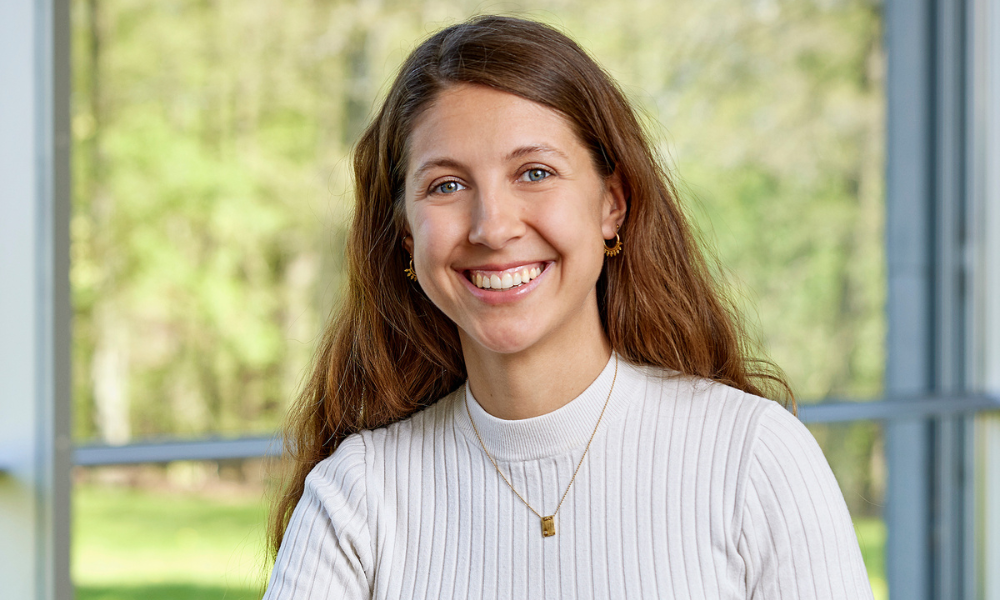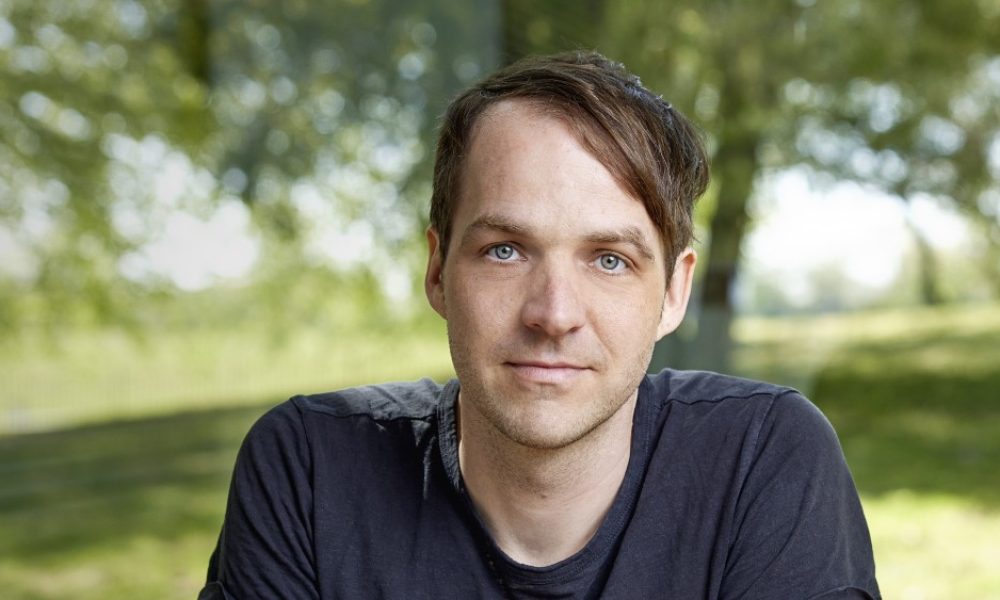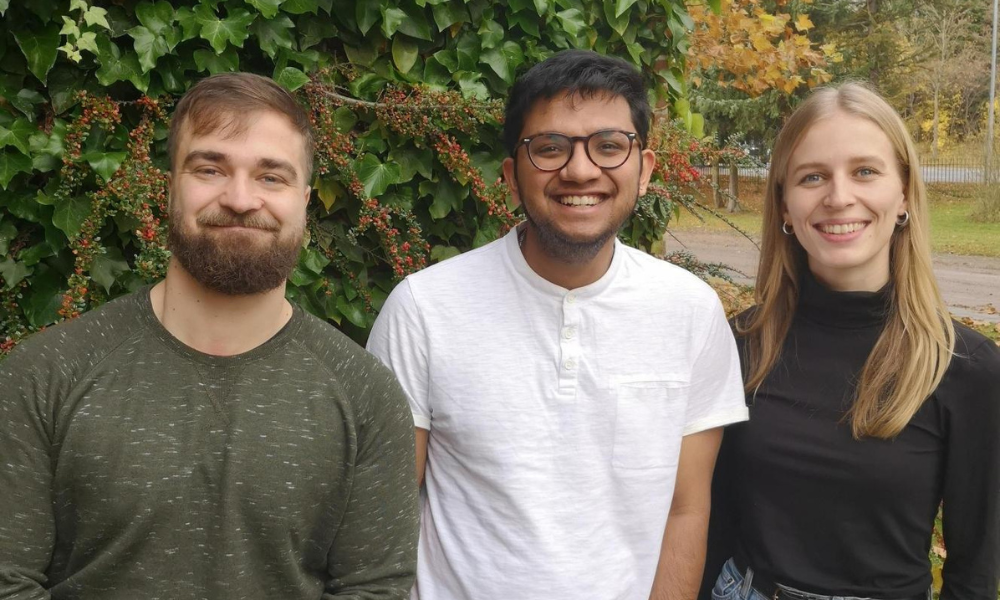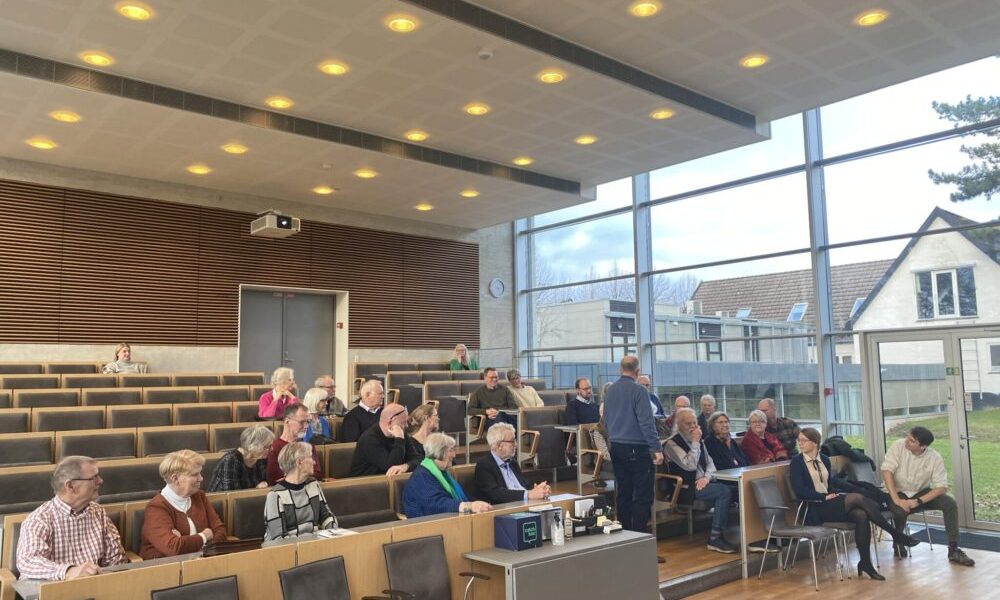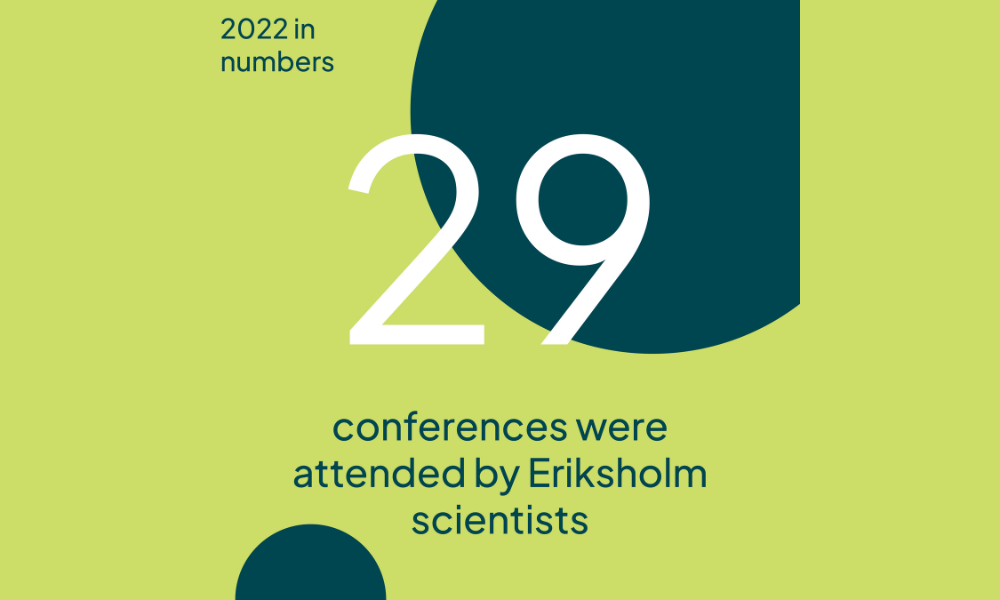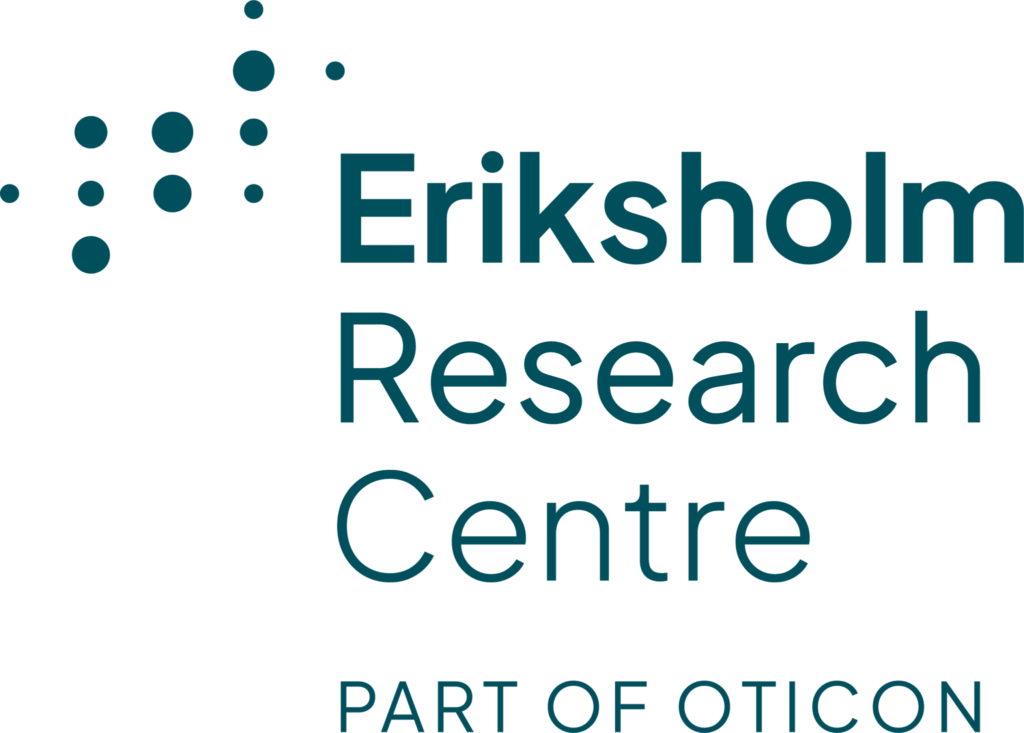Intro
Andreea Micula, PhD, recently started her new postdoc position as part of the ALFi project, a collaboration between the University of Copenhagen and Eriksholm Research Centre.
People with hearing impairment often report being tired and worn out by the end of the day and research suggests that hearing impairment is linked to increased fatigue. However not much is known about the real-world impact of listening fatigue.
The ALFi project
The ALFi (Assessment of Listening Fatigue in daily life) project aims to predict listening fatigue as it occurs in the real world and to better understand the interaction of fatigue and hearing aid usage and satisfaction. Therefore, the final goal is to suggest interventions to mitigate fatigue in HA users.
Main problem with current studies on fatigue is, that studies performed in the laboratory environment need to be well controlled and cannot reflect everyday life fatigue. On the other hand, field studies (studies outside a laboratory environment) assess daily experience, but causal effects are difficult to study. The ALFi project is aiming for a hybrid approach where people with hearing loss are tested both in the field and in the lab. This will enable development of a computational model to predict fatigue in people with hearing impairment.
About Andreea
This project, which has just been kicked-off, is supported by the William Demant Foundation for 2 Postdocs (one at DTU, and one at KU) for a period of 2.5 years. One of the postdocs is Andreea Micula:
“I moved to Denmark from Romania almost 14 years ago. I did my bachelor and master’s degrees in Audiologopædi (Speech pathology and audiology) at the University of Copenhagen. While an unusual choice for a foreigner, it was a great choice for quickly learning Danish. During my master’s I started working at Oticon as a student assistant. That is also how I got introduced to Eriksholm Research Centre, which played a big role in my interest to follow a research path.
My PhD was a collaboration between Linköping University and Oticon, where the main focus was to measure how hearing aid users allocate cognitive resources when not only having to hear, but also recall speech heard in background noise. One of the most interesting findings was that noise reduction in hearing aids lowers the amount of cognitive resources needed to hear speech, allowing them to be allocated to storing speech in memory instead. This shows that increased effort is not always negative, as long as it pays off in terms of successful performance on a task.
After my PhD I worked as a postdoc at Linköping University for a year as part of the n200 study, which is a large cross-sectional and longitudinal study aiming to shed light on the effects of hearing loss on factors such as cognition, life quality, etc. In April 2023 I started an exciting new postdoc position at the Department of Public Health at the University of Copenhagen in collaboration with Eriksholm Research Centre.
I am part of the ALFi project, where my focus will be to refine measures of listening fatigue that we can administer outside the lab in hearing aid users’ daily life. However, I think it is essential to investigate hearing aid users’ listening experiences during their real-life activities and social interactions in order to learn more about the negative consequences of hearing loss and how to minimize them. I feel very lucky to be part of this collaboration between KU and ERH, with so many talented and inspirational colleagues around me.”
Collaboration partners
Eriksholm is represented in the ALFi project by Dorothea Wendt, Hamish Innes-Brown, and Jeppe Høy Christensen. External partners are Professor Ingrid Johnsrude from University of Western Ontario, Professor Torsten Dau from DTU Hearing Systems, Ass. Professor Matthew Apps from University of Birmingham, Professor Trine Flensborg-Madsen and Professor Naja Hulvej Rod, both from KU.

